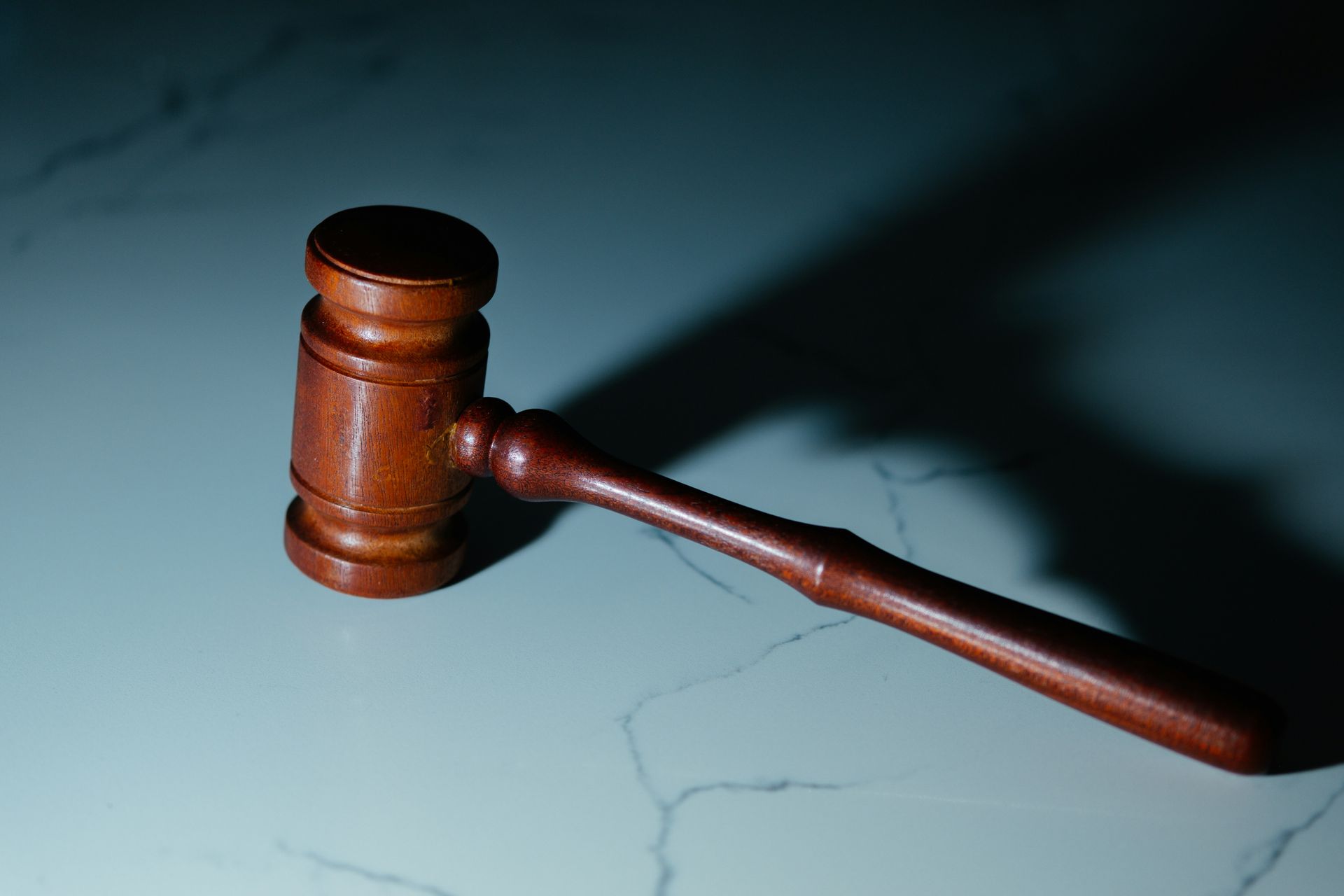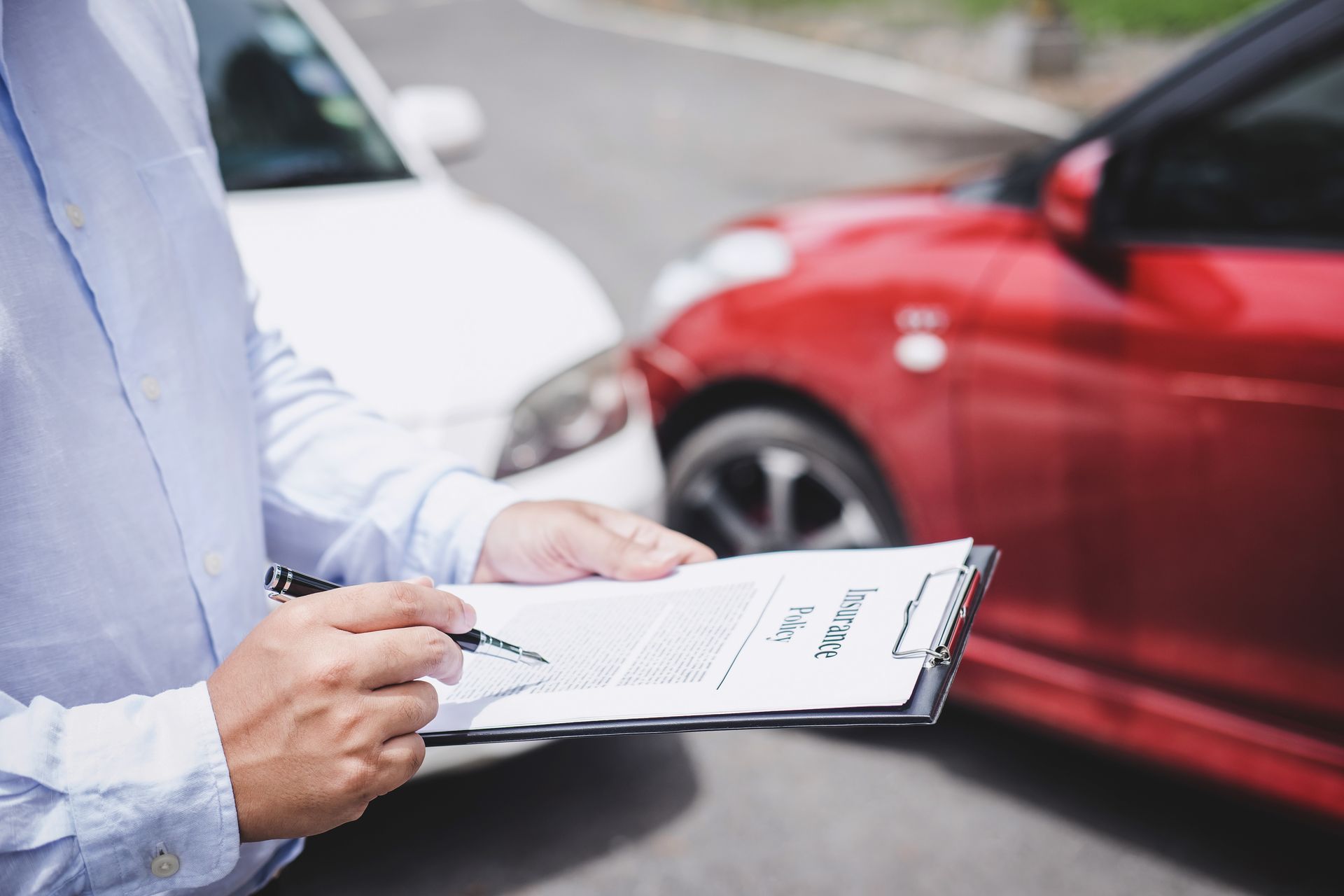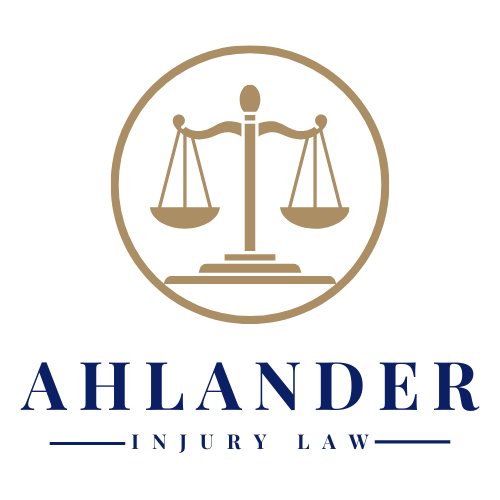Everything You Need to Know About Witnesses of a Car Accident
Having witnesses to a car accident can make a big difference in the outcome of the accident including how you are compensated by insurance companies. There’s a lot you and anyone else directly involved in the accident can say about what happened. However, a witness can improve your situation.
Types of Witnesses
In any accident, there are two main types of witnesses. The first is an eyewitness. This witness is anyone who watched the accident happen or observed your injuries after. These witnesses are more believable if they are not passengers in the same car as you or are related to you. The second type of witness is an expert witness. An expert witness can add more strength to your case by using science and help persuade the insurance companies and their attorneys of what compensation you need. Examples include medical or mental health professionals, accident reconstruction experts, engineers, highway safety experts, etc.
Benefits of a Witness Testimony
A strong witness is an objective third party that is present simply to state the facts of what happened. They offer no bias and simply testify of what happened during the accident or what resulted because of the accident. Insurance companies can use their testimonies to understand what really happened and who is deserving of what compensation. Additionally, a witness testimony can be used to determine who is at fault because they may have witnessed behavior that clearly implicates one of the motorists involved in the crash.
Impact on Insurance Claims
Insurance companies will thoroughly scrutinize the credibility of any witnesses in order to avoid giving out more compensation than necessary. First, they will determine if there are any connections between the involved parties and the witnesses. They will also look for any inconsistencies in the witness’s story. If the witness can’t recall certain events or if they tell the story differently, the insurance company may claim they are not a reliable witness. A witness could also be counted as invalid if they only saw what led up to the crash or what happened right after, rather than the whole thing.
A car accident is scary to experience and a hassle to deal with. Having some witnesses involved can improve your chances of getting the compensation you deserve after a crash. If you work with an accident or injury lawyer, talk to them about calling in witnesses.
Working with an attorney can help you get compensation after an accident. Click here to receive help from Ahlander Injury Law.
The post Everything You Need to Know About Witnesses of a Car Accident appeared first on Ahlander Injury Law.





